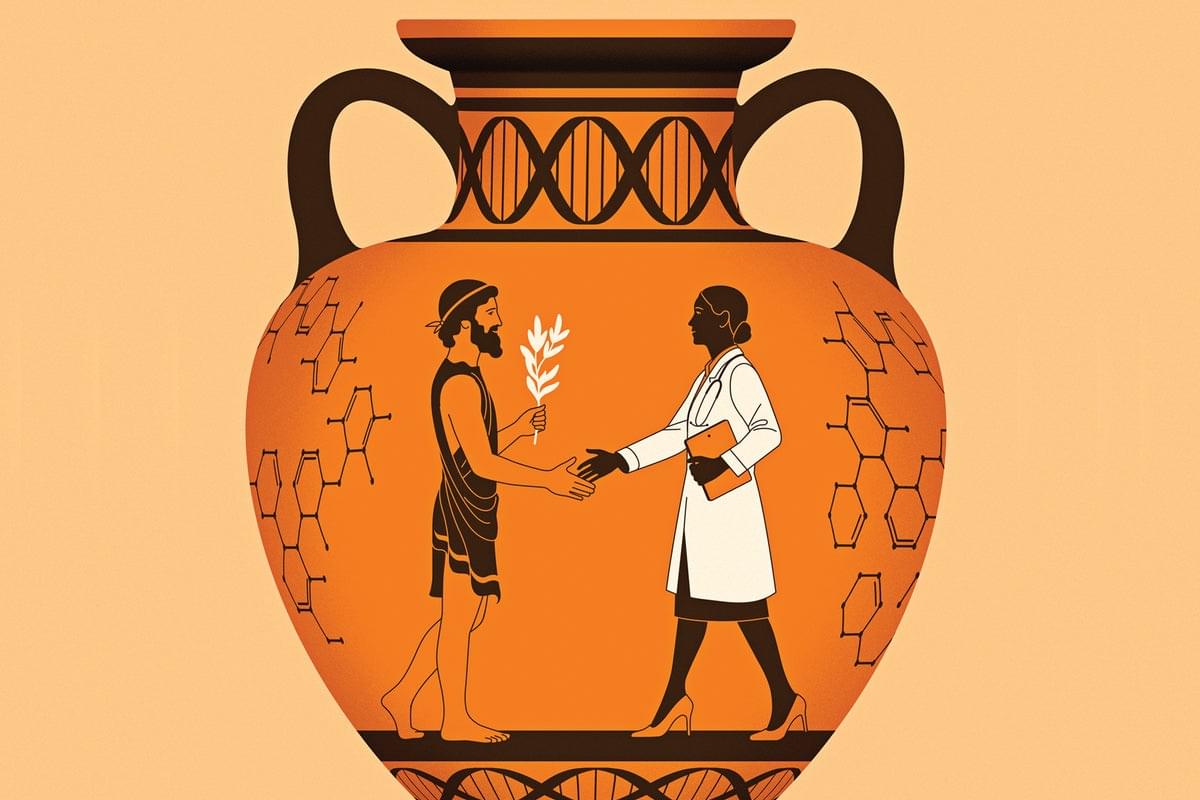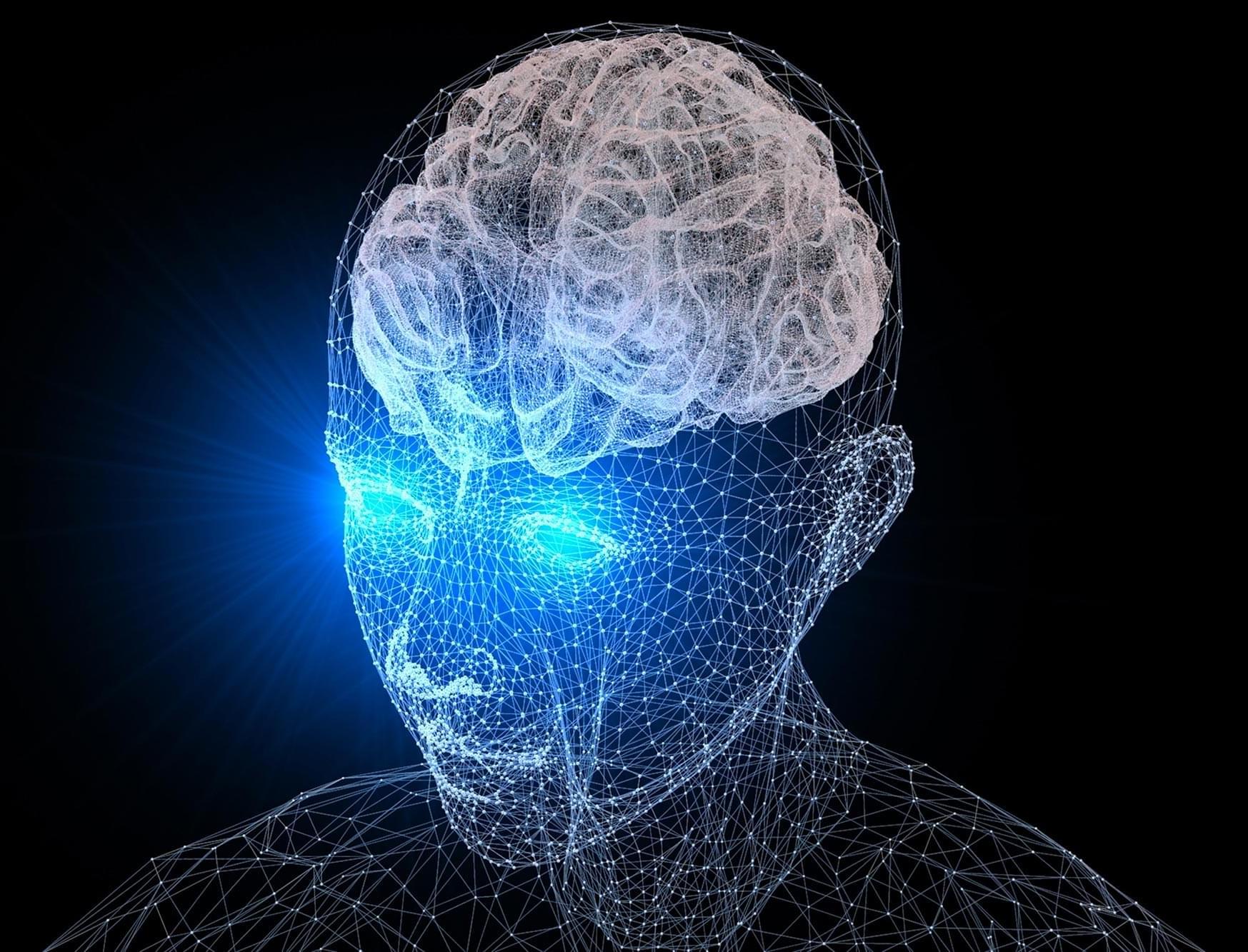Could a tiny dose of gold restore sight? Researchers at Brown University have developed a groundbreaking retinal prosthesis using gold nanoparticles and infrared light to bypass damaged photoreceptors in retinal disorders like macular degeneration.
This minimally invasive method successfully activated the visual system in mice, offering promising early evidence for future clinical applications. Learn how this innovative fusion of nanotechnology and neuroscience could revolutionize treatment for millions suffering from vision loss.
#vision #visionloss #neuroscience #science






